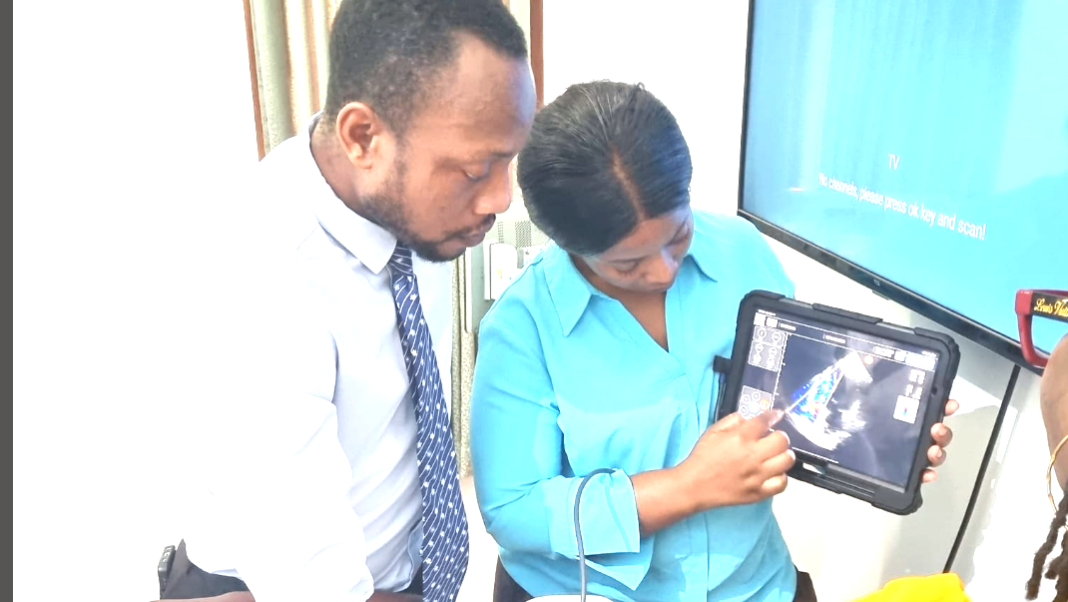An Israeli medical technology company is launching a large-scale diagnostic campaign in Ghana to detect early signs of heart disease in communities with limited access to specialists. AISAP, a startup that develops AI-based cardiac imaging tools, has started operating its system in clinics and hospitals across the country as part of a broader effort to expand advanced diagnostics in underserved regions of Africa.
During the program’s first phase, an AISAP team travels through multiple medical centers to conduct thousands of cardiac ultrasound scans. Local physicians are being trained to use portable devices linked to AISAP’s cloud platform, which provides automated readings and immediate diagnostic assessments. The company says its goal is to identify conditions such as heart failure, valve disorders, and other cardiovascular problems before they progress, enabling patients to receive treatment sooner.
Ghana was selected as the first launch point in a partnership between AISAP and the Global Alliance for Community Transformation. The effort also includes clinical support from Sheba Medical Center and its innovation hub, ARC, as well as participation from US medical and academic partners. Organizers describe the project as the foundation for a long-term research collaboration on the use of artificial intelligence in cardiac care in low-resource environments. Expansion to additional African regions is planned for 2026.
AISAP’s technology, which has US FDA clearance, interprets cardiac ultrasound images without requiring on-site cardiologists or advanced hospital infrastructure. The system is designed to supply frontline medical workers with specialist-level insights, enabling remote clinics to perform diagnostics that would normally require referrals to major medical centers.
Health-access gaps remain significant across rural Ghana, where communities often face shortages of trained personnel, long travel distances to hospitals, and limited access to imaging equipment. These barriers frequently delay the detection of chronic diseases, contributing to avoidable complications and increased mortality. Project partners say the new initiative is intended to bridge these disparities by bringing high-level diagnostics directly to the field.
“This project represents the heart of our mission, ensuring that access to advanced cardiac care should not depend on geographic location,” AISAP CEO Adiel Am-Shalom said in a press release. He added that the deployment demonstrates how the same FDA-approved technology used in U.S. hospitals can support clinicians operating far from specialist centers.
